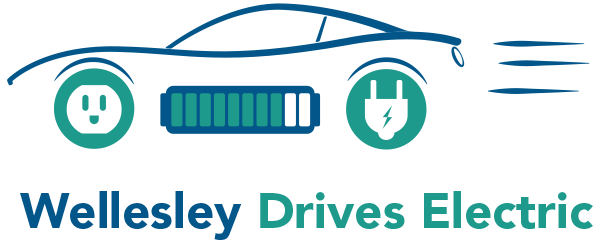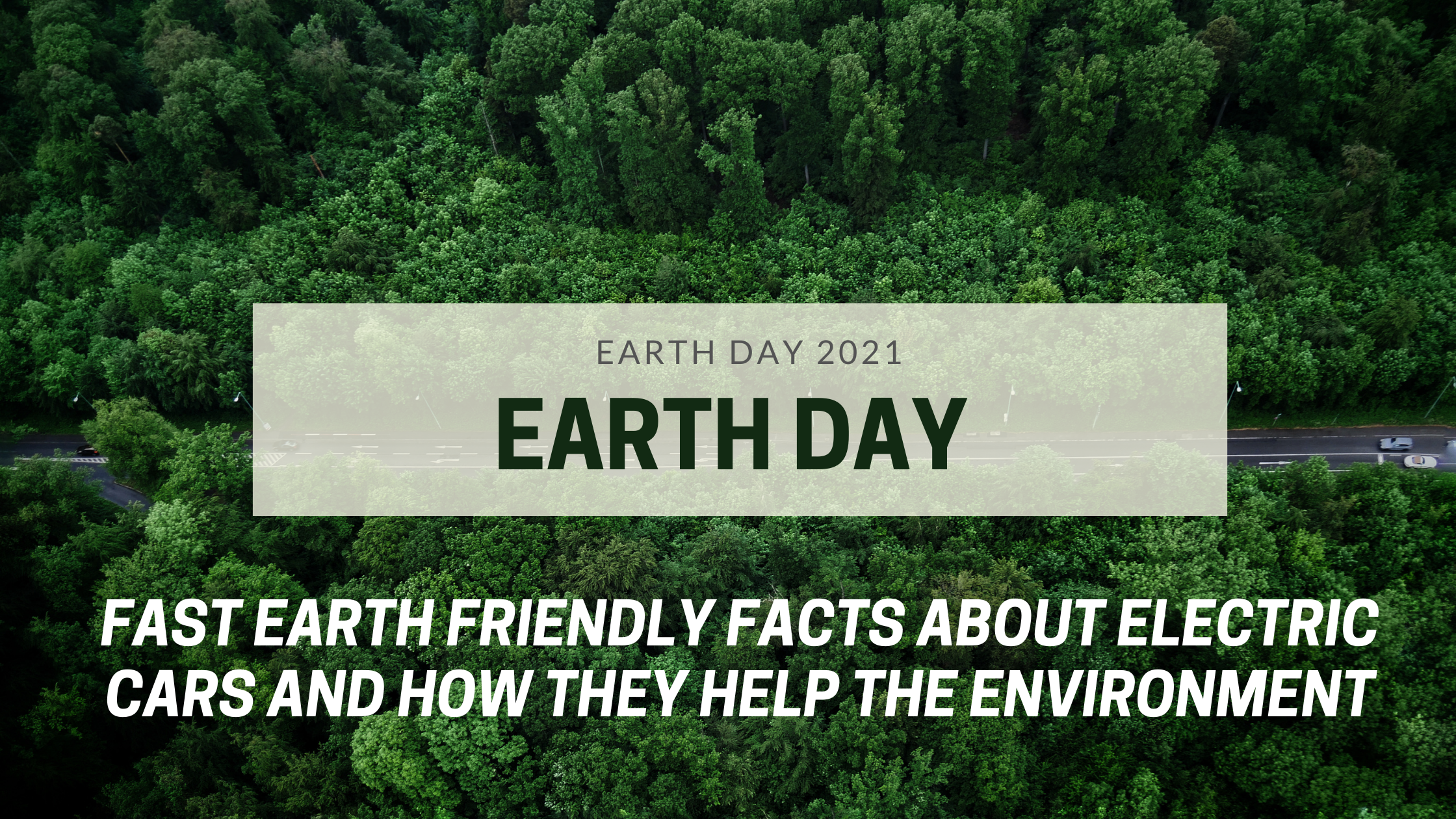Earth Day 2021 is here and we at the Wellesley Drives Electric team know only one way to celebrate, and the way we celebrate is to talk about the multitude of benefits one can get from driving an EV.
EVs help reduce carbon emissions which are a big name when talking about climate change. EVs help reduce air pollution, with no tailpipe emissions to speak of. Another major point is that EVs consume energy more efficiently (80-90% when compared to Internal combustion engine/ICE vehicles 20-30%) and when a vehicle consumes energy more efficiently, its emissions are drastically lower at over the course of its usable life.
Talking about air pollution, when we think about cities like Los Angeles, Tokyo, Beijing, Sao Paulo etc. a common topic is smog. Smog is a cloudy haze that forms over a city due to the condensed population sending polluting air particles into the surrounding air. A major contributor to smog comes from the tail pipe emissions of ICE vehicles, and the burning of fossil fuels. There is a direct correlation in smog reduction as more people drive EVs, and less drive combustion engine vehicles.
As air quality improves, and tailpipe emissions continue to shrink, cases of lung disease are expected to drop around cities and highway corridors, basically anyone that lives near places with high levels of vehicle congestion and tailpipe emissions.
When looking at the energy that goes into charging EVs, and the batteries themselves it’s important to be aware that the Massachusetts grid has continued to get cleaner and cleaner each year, with the last coal generation plant closing for good back in 2017, and nearly ¼ of MA electricity coming from renewable energy sources. The manufacturing of the battery technology has a much lower emission impact when compared to the drilling, refining and transportation of oil.
Simply put, driving an EV has an emissions equivalent better than 100 mpg! In many cases we will see EVs with 120-130 mpg equivalent!
Interested in learning more about these facts? Maybe want to learn more about the EV basics, state and federal policy and incentive updates? Current and new EV models? Check out our Drives Electric Earth Day Virtual EVent, available now on our Youtube page!
If you have any questions, we are happy to answer them at ev@ene.org.



